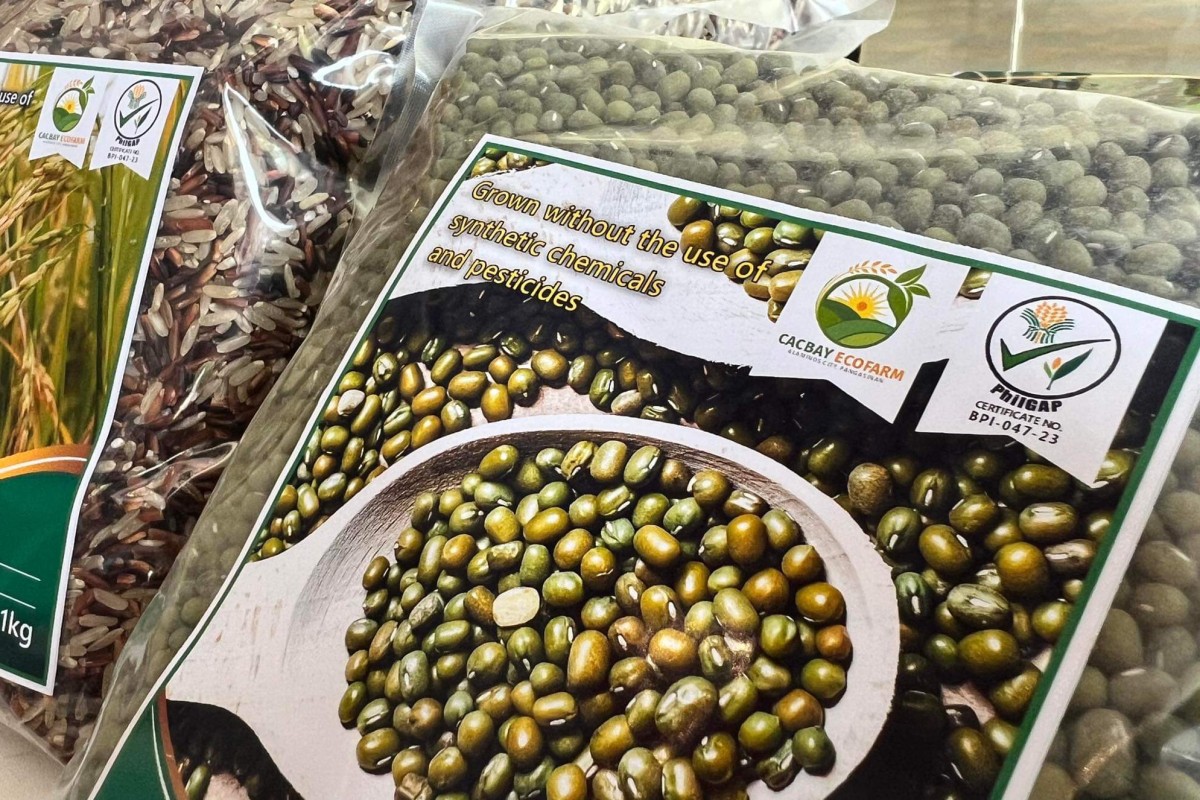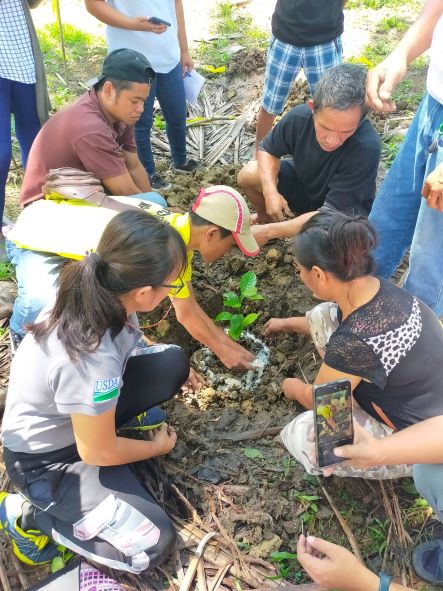
KORONADAL CITY, South Cotabato (PIA) -- Officials of the Department of Agriculture and its Bureau of Plant Industry (BPI) encouraged farmers across the country to subject their farms to certification for good agricultural practices (GAP).
Just recently, BPI spearheaded the conduct of the second national symposium on Philippine Good Agricultural Practices (PhilGAP) in Koronadal City, with agriculture stakeholders, including government officials, farmers, cooperatives, and business persons, among others, in attendance.
Agriculture undersecretary Zamzamin Ampatuan, speaking before the participants, emphasized that good agricultural practice "is the most essential part of agriculture”, considering that all farm activities should comply with such standards for improved production, both in quality and quantity.
GAP is also a measure of the level of competence of a country's agriculture, Usec. Ampatuan said.
"Having more farms that are compliant with GAP standards means a higher level of agriculture for our country. It means the country produces a lot more; it produces quality agriculturalproducts. The more advanced an agricultural economy is, the more there are GAP-certified farms,” he pointed out.
The event aimed to further advocate voluntary certification of good agricultural practices and highlight the benefits of the program. PhilGAP aims to facilitate the access of local farmers, farmer cooperatives, and organizations to markets abroad.
PhilGAP, or Philippine Good Agricultural Practices, is a certification program led by BPI and geared toward ensuring food safety and quality of food and non-food agricultural products while keeping high regard for environmental protection as well as workers' health, safety, and welfare.
PhilGAP as a Certification Program
William Mugot, chief of the Plant Product Safety Services Division of BPI, explained that PhilGAP is a government-managed voluntary certification program that promotes the adoption of good agricultural practices.
PhilGAP is designed to ensure that agricultural products, whether food or non-food, are produced, processed, and handled in a safe and sustainable manner.
The certification program has four modules: food safety, environmental management, worker’s welfare, and produce quality. Of these, the food safety module ensures that agricultural products are free from harmful contaminants and residues.
The environment management module aims to promote sustainable agricultural practices that minimize the impact of farming activities on the environment.
The workers’ welfare module aims to ensure that workers involved in agriculture are treated fairly and have access to safe working conditions, while the produce quality module aims to ensure that agricultural products meet certain quality standards.
Once certified, farmers can use the PhilGAP logo on their products as proof of quality and safety.
Mugot said that ensuring the quality and safety of agricultural products could redound to a market advantage for PhilGAP-certified farmers and farms. “Institutional buyers are now requiring PhilGAP certification because they are assured of the quality and safety of the products they are buying. Also, our trading partners, the importing countries, are now requiring PhilGAP certification,” he explained.
Benefits of PhilGAP
"PhilGAP has helped me gain confidence as a farmer-leader,” said Basilio Ngaseo Jr., a farmer from Mankayan, Benguet.
Ngaseo testified that through the PhilGAP program, his group, the MAMPAT-A Farmers Agriculture Cooperative of Mankayan, Benguet, was trained in safe and quality vegetable production. They are also linked to high-end institutional buyers for their products, including cabbage, brocolli, potatoes, carrots, and many others.
Earlier this year, the cooperative became a pilot beneficiary of a modular cold storage facility project of the Aboitiz Group.
Forty-three of the 59 members of the MAMPAT-A Farmers Agriculture Cooperative are already PhilGAP-certified.
Meanwhile, Lilia Cacbay, owner of Cacbay Ecofarm in Barangay Dulacac, Alaminos City, Pangasinan, testified that she and other PhilGAP-certified smallscale growers in the area are able to produce in volume by clustering of farms and, because they are already PhilGAP certified, are now supplying commodities to institutional buyers.
“Sana dadami pa ang [I hope there will be more] PhilGAP-certified farms,” Cacbay said.
Cacbay’s PhilGAP-certified products include tomatoes, pigmented rice, “pinakbet” vegetables, and herbs.
Representing PhilGAP-certified farmers in Region 12 (SOCCSKSARGEN), Yolanda Giangan of the family-run Kuvi Integrated Farm of Barangay Cabilao, Makilala, Cotabato Province, said being PhilGAP-certified is an advantage.
Giangan said that, being GAP-certified, their products are made known to prospective buyers.
“Dugang ni sa sales namo ug dako kaayo nga tabang sa among panginabuhian. Usa pa, tabang pud ni sa among edukasyon sa pagpalambo sa among panguma [This is additional sales for us and a great help to our livelihood. This also helps us be educated on how to improve our farming activities],” she said.
With PhilGAP, Kuvi Integrated Farm is able to shift from fully traditional farming to a farming system that puts good agricultural practices and environmental protection at the core of farming.
Kuvi Integrated Farm produces Civet coffee, premium coffee, coffee blends, and tablea.
For inquiries regarding PhilGAP certification, farmers are advised to consult with the nearest Bureau of Plant Industry office or with the nearest municipal, city, provincial, or regional agriculture office. (DED - PIA SOCCSKSARGEN)





